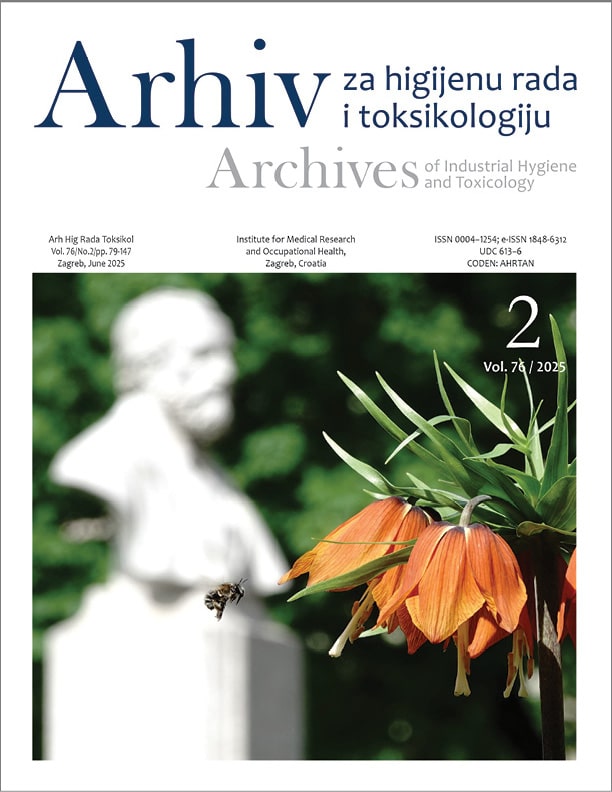Impostor phenomenon and psychological outcomes among family medicine residents: a cross-sectional study in Croatia
DOI:
https://doi.org/10.2478/aiht-2025-76-3934Keywords:
anxiety, depression, fraud, mental health, stressAbstract
The aim of this cross-sectional study was to determine the prevalence of the impostor phenomenon among family medicine residents (FMRs) and its connection with sociodemographic factors and clinically relevant symptoms of depression, anxiety, and stress. During July 2023, 158 first-year FMRs were invited to fill out an anonymous online questionnaire containing sociodemographic data, history of psychiatric disorders, Clance Impostor Phenomenon Scale (CIPS), and the 21-item Depression Anxiety Stress Scale (DASS-21). Seventy-nine participants responded (50 % response rate) and 59 reported some level of impostor feelings. Clinically relevant symptoms of depression were reported by 17, anxiety by 23, and stress by 20 participants. All 59 participants whose responses indicated impostor feelings above normal also had higher scores for depression, anxiety, and stress (p<0.001 in Mann-Whitney U test). Despite a small sample with uneven gender distribution and self-reported scales, our study found a significant association between the impostor phenomenon and negative mental outcomes. We believe that the impostor phenomenon among FMRs can be addressed effectively with interventions like peer support, mentoring, and practicing self-compassion if started early during medical study and specialisation.
Downloads
Published
Issue
Section
License
Copyright (c) 2025 Sunčana Vlah Tomičević, Valerija Bralić Lang

This work is licensed under a Creative Commons Attribution 4.0 International License.














